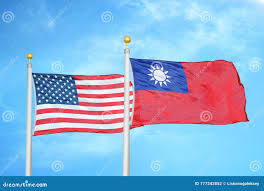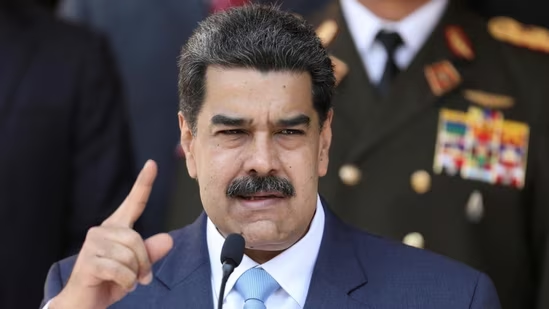by Francis Tuschek, Staff Writer
The US “strongly encourages and commends” President William Lai’s administration for its efforts to enhance Taiwan’s self-defense through reforms and investments, according to Ingrid Larson, managing director of the American Institute in Taiwan’s Washington Office.
Larson made these statements on Monday while introducing Vice Minister of National Defense Hsu Yen-pu as the keynote speaker at the US-Taiwan Defense Industry Conference in Philadelphia.
In her address, Larson noted that over the past year, Beijing has employed a comprehensive strategy involving various diplomatic, military, and economic tactics to exert pressure on Taiwan.
She cited the example of Edinburgh’s decision to abandon a sister city partnership with Kaohsiung due to Chinese influence.
“Such actions do not promote people-to-people connections or the peaceful resolution of differences across the strait,” she remarked.
Larson expressed that the US “strongly encourages and applauds the Lai administration’s early initiatives to strengthen Taiwan’s self-defense through reforms and budget increases,” including a proposed nearly 6 percent rise in Taiwan’s defense budget for the coming year, totaling around $20 billion.
She also welcomed Minister of National Defense Wellington Koo’s support for key defense reforms, including the creation of a new defense ministry entity modeled after the US Defense Innovation Unit.
Regarding the Lai administration’s Whole-of-Society Defense Resilience Committee, which unites government officials, private sector representatives, and civil society to promote national defense involvement, Larson stated, “We support his approach.”
While the US is committed to ensuring Taiwan maintains adequate self-defense capabilities, Larson emphasized that peace and stability extend beyond traditional defense, incorporating the strengthening of Taiwan’s overall societal resilience to ensure its security and integration into the global community.
“This involves enhancing the US-Taiwan unofficial relationship, raising global awareness about the importance of peace and stability in the Taiwan Strait, expanding Taiwan’s international presence, and supporting its economic diplomacy,” she added.
The US government is focused on enhancing Taiwan’s societal resilience, covering areas like critical infrastructure protection, humanitarian assistance, cyber defense, food security, economic ties, energy resilience, and financial connectivity.
Strengthening ties with the private sector can also contribute to maintaining peace and stability in the Taiwan Strait, she noted.
In her remarks to US business leaders, she said, “When US companies pursue opportunities with Taiwan, you are helping create a Taiwan that is more integrated and resilient against coercion.”
She highlighted the US’s commercial interest in deepening economic ties with Taiwan, its eighth-largest trade partner.
Initiatives like the CHIPS and Science Act encourage leading Taiwanese semiconductor manufacturers to establish operations in the US, she said.
Additionally, the Biden administration is collaborating with Congress to alleviate the tax burden on US businesses in Taiwan and Taiwanese firms in the US.



